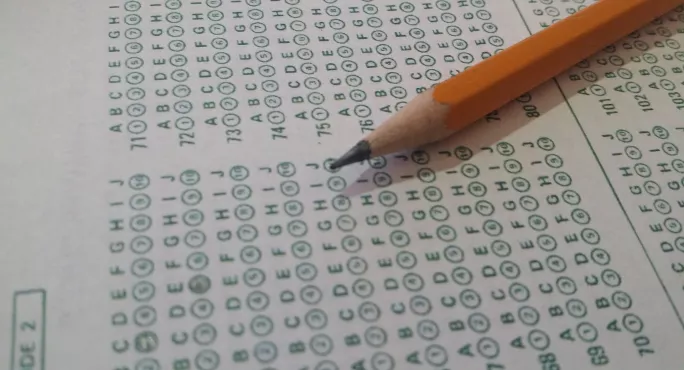Scotland has slumped in the latest results from a leading education survey which ranks countries’ education systems according to their standards of reading, science and maths.
Sharp declines in 2015 scores for the Programme for International Student Assessment (Pisa) leave Scotland ranked third of the four home nations in each category, with only Wales doing worse. In the previous Pisa results, for 2012, Scotland was ranked top in the UK for reading and maths.
Among all 72 countries and regions that take part in Pisa, Scotland is now rated “average” in reading, science and maths, having been “above average” for reading and science in 2012.
Education secretary John Swinney admitted that the figures made “uncomfortable” reading, but said he “wasn’t that surprised”, because the survey was taken around the time that the disappointing results of 2015’s Scottish Survey of Literacy and Numeracy (SSLN) came to light.
He added that the Pisa results - based on tests taken by 15-year-olds - “underline the case for radical reform of Scotland’s education system”, which he said was already underway. One of the first moves will be to introduce standardised national assessment, starting from next year.
‘Radical reforms’
“It is by carrying through on these reforms - no matter how controversial - that we can make Scottish education world-class again,” Mr Swinney said.
The government is also in the midst of a school governance review and has raised the prospect of regional education boards. There will also be more flexible routes into teaching, while it has not closed the door on proposals for “state-funded autonomous schools”, potentially weakening the power of local authorities.
Unions, too, have indicated that the news from Pisa - which is run by the Organisation for Economic Cooperation and Development (OECD) - came as no surprise, given the workload and assessment pressures on teachers.
But they highlighted positive findings, such as Scotland’s teachers ranking highly for how they maintain good order so that learning takes place. A higher than average number of students in Scotland reported that their teacher showed an interest in everyone’s learning in every lesson, and they were also more likely to receive feedback from teachers.
To subscribe to TESS, click here. To download the digital edition, Android users can click here and iOS users can click here. TESS magazine is available at all good newsagents.
Want to keep up with the latest education news and opinion? Follow TES on Twitter and like TES on Facebook




